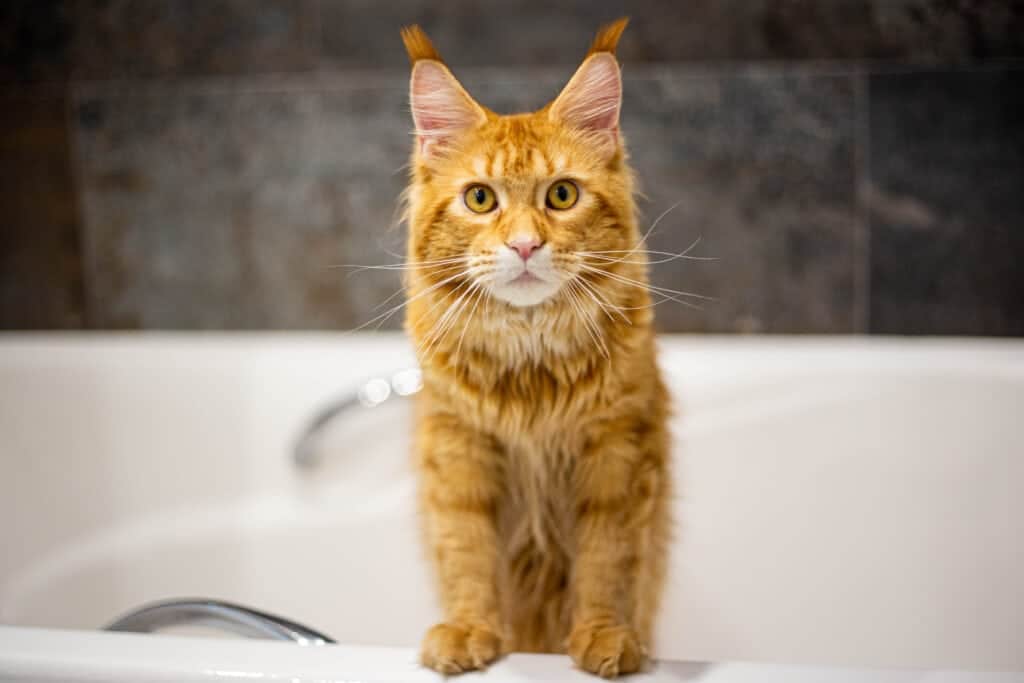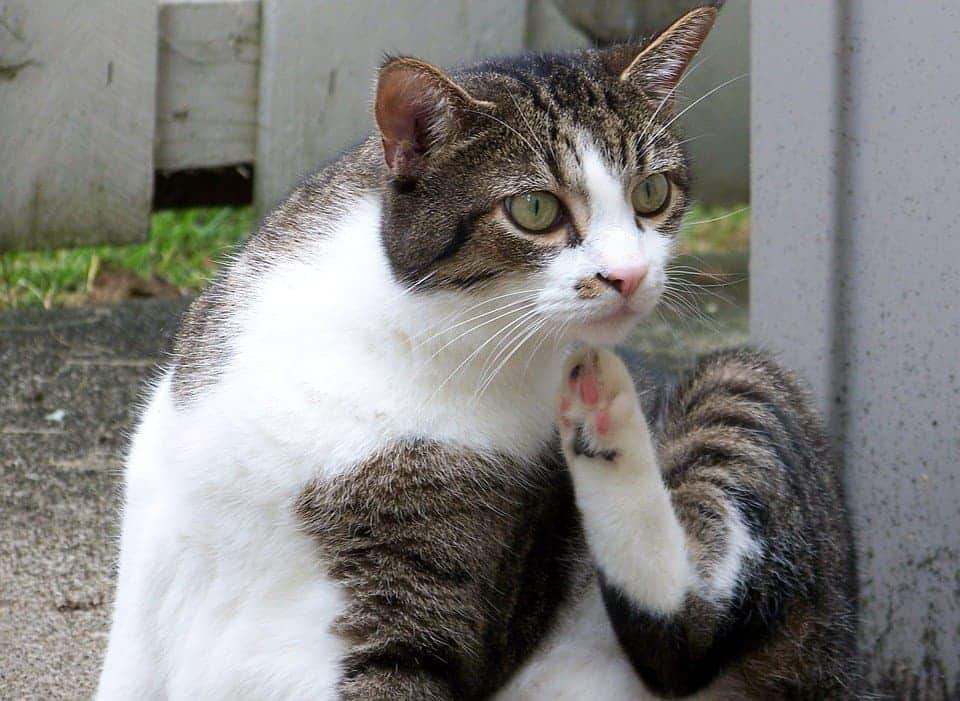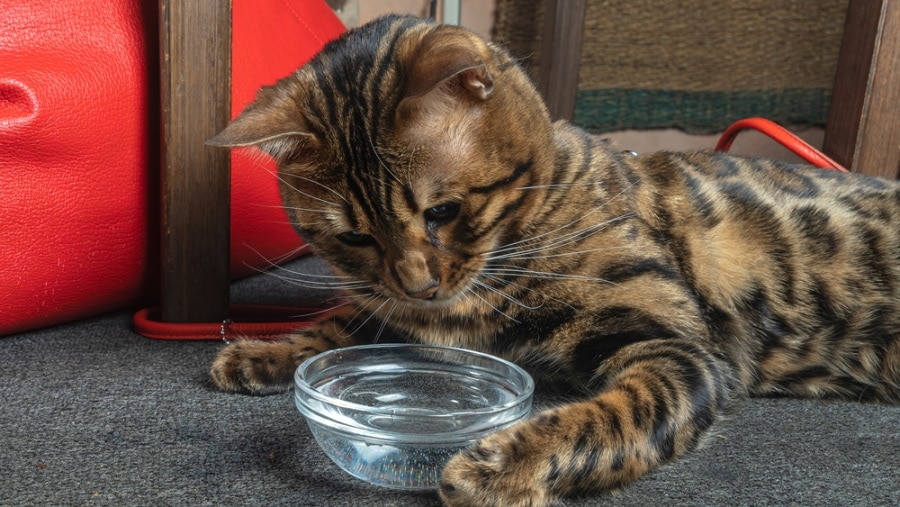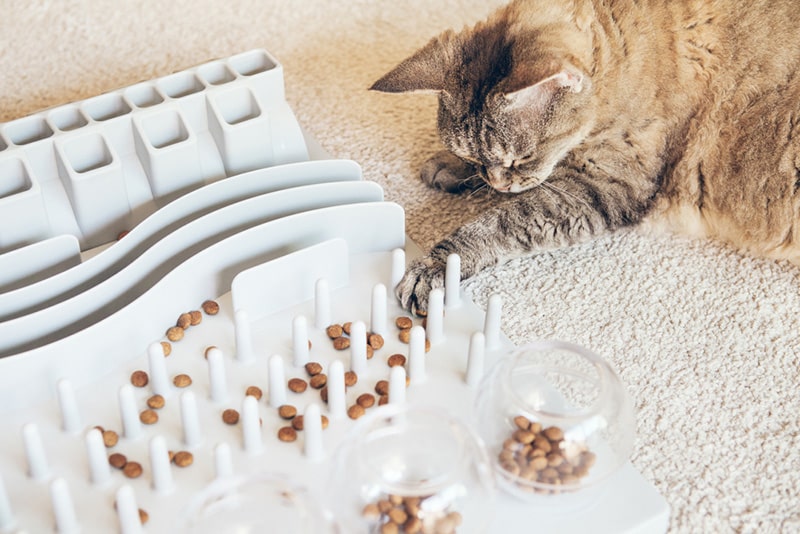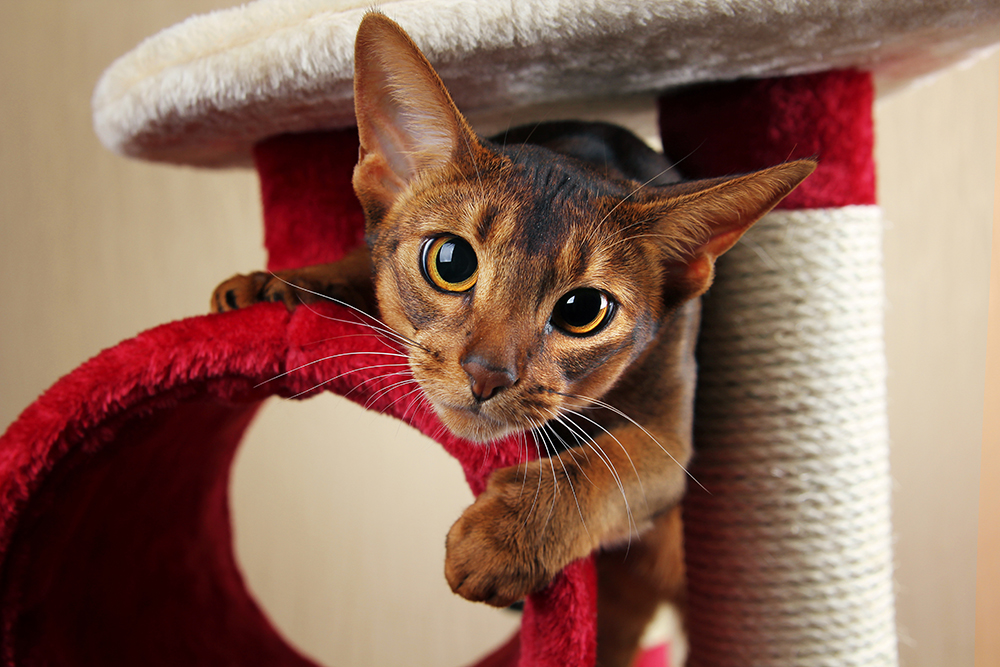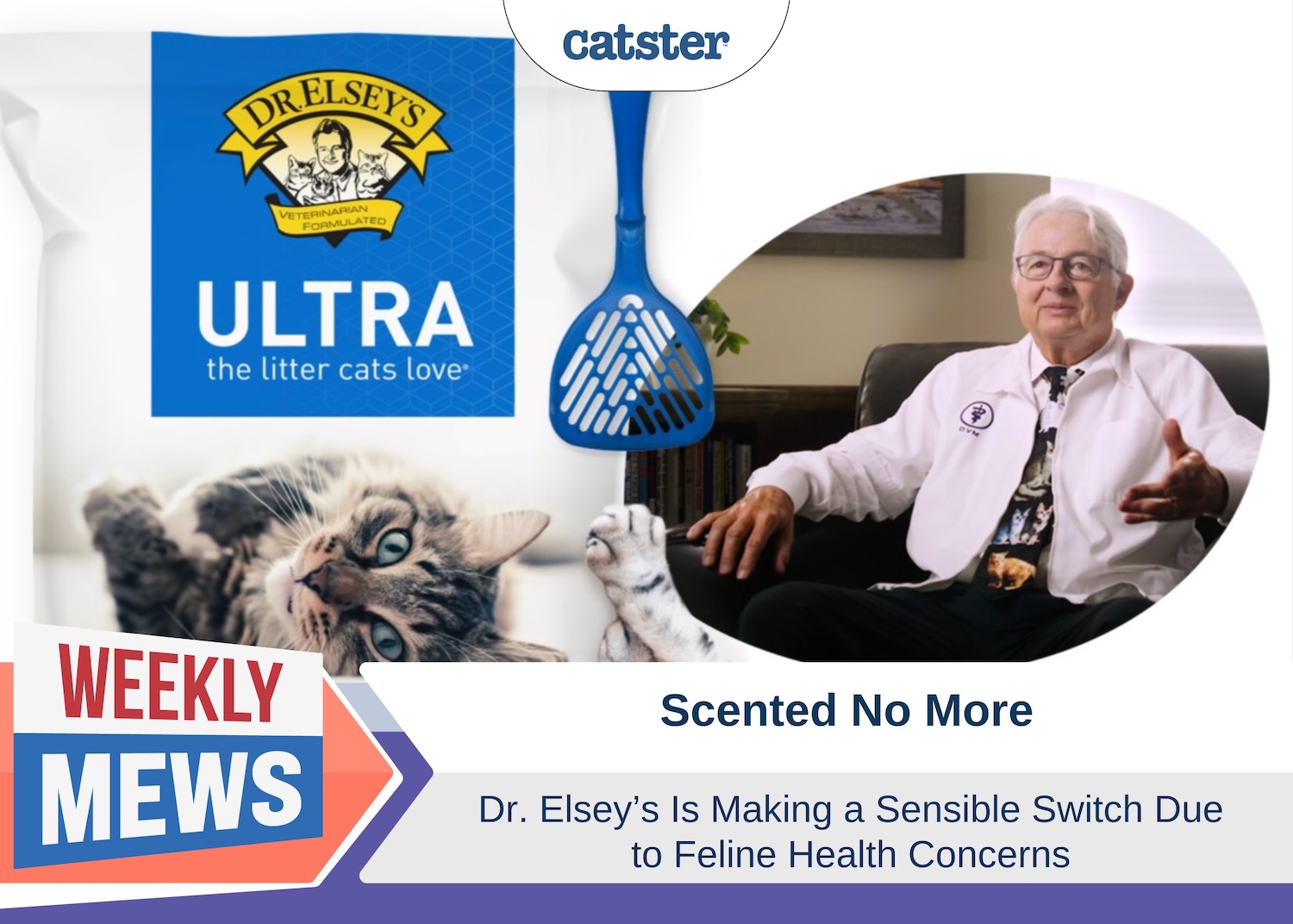Click to Skip Ahead
When it comes to succulents and cats, you can never be too careful. The last thing you want is something growing in your garden or that you bring into your home to make your furry friend sick or worse.
Luckily, sedum is one of the succulents that aren’t poisonous to cats. Genus Sedum or stonecrop consists of around 600 species of succulent plants in the family Crassulaceae.1 However, some succulents are toxic not only to your feline but also to dogs and horses.
In this article, we’ll discuss what sedum is and what it’s used for, and then we’ll examine the succulents you’ll want to avoid and a few others that are safe to have around your animals.
 What Are Sedum Succulents?
What Are Sedum Succulents?
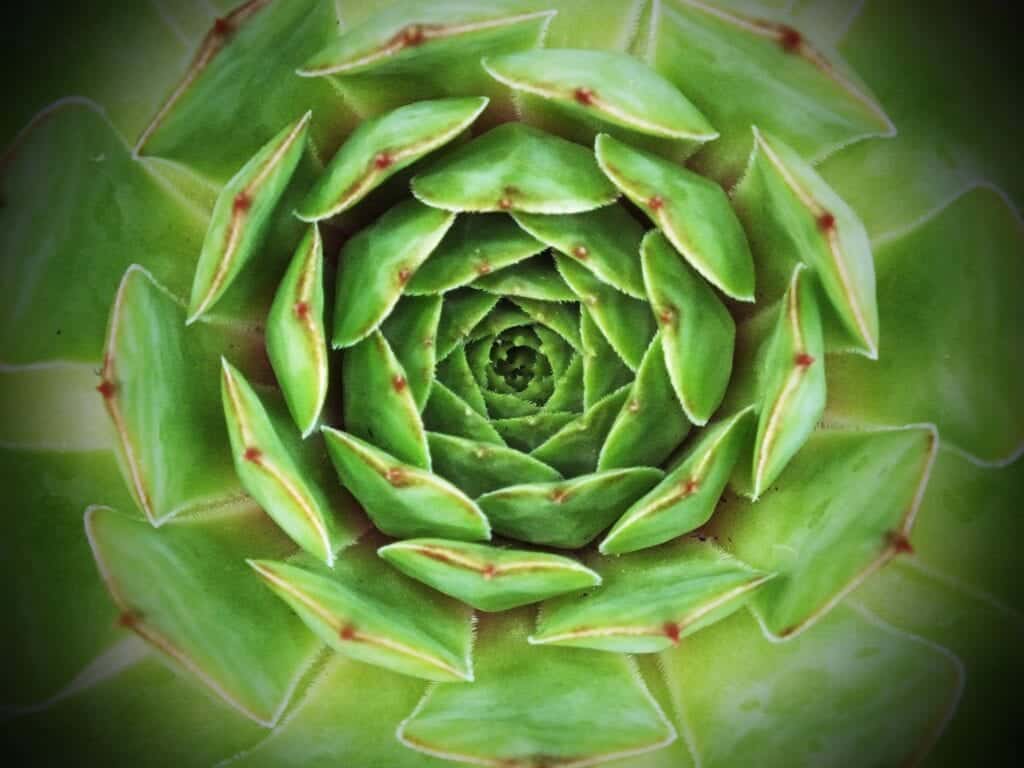
Sedum is also known as stonecrop. Officially called the Sedum genus, the succulent is made up of several hundred succulents and is used for groundcover in gardens and houseplants. It stores water in its fleshy leaves and is exceptionally hardy. Sedums require very little care for them to thrive indoors.
Although sedums are safe to keep in your home around your cats, any cat can have an allergic reaction to a succulent. If you feel that sedum succulents have made your cat sick, it’s best to make an appointment with your vet to be on the safe side.
What Are the Signs to Watch Out For?
If you think that sedum succulents are upsetting your cat’s stomach, if they eat them in excess, there are a few signs you need to watch out for.
- Vomiting
- Upset stomach
- Drooling
- Diarrhea
While sedum succulents aren’t toxic to cats, there are quite a few succulents out there that are. Below, we’ll give you a brief list of the toxic succulents for your cat and then a list of the ones that are safest to have around your feline pals.

Which Succulents Should You Keep Away from Your Feline?
Some succulents are more dangerous than others. It’s a good idea to download the ASPCA’s toxic plant list and use it every time you decide to bring a new plant home. Many pet owners are surprised at the number of succulents on the list that are dangerous to their pets.
You can also ask the nursery owners for additional care tips and information on how the species can be kept without harming your pets. However, there are a few succulents that you should avoid at all costs.
Aloe Vera
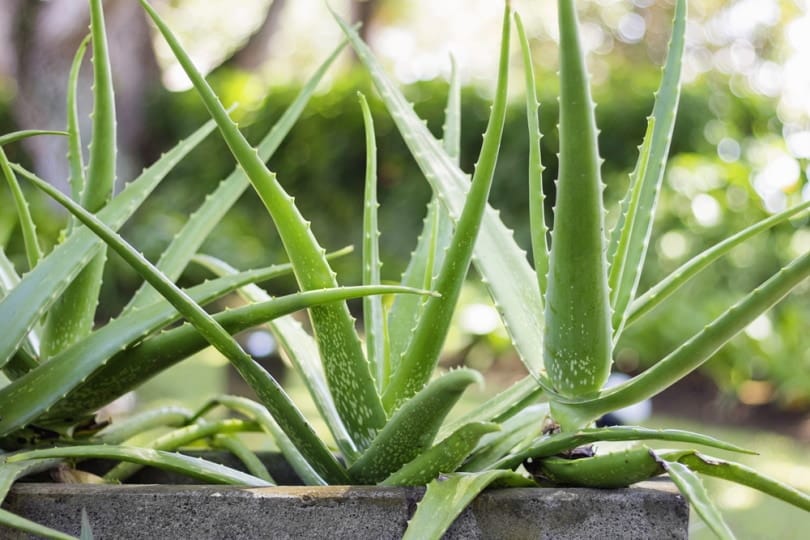
While great for sunburn, cuts, and cosmetic reasons, aloe vera isn’t the best thing to keep around your cats. If your cat eats the aloe vera plant, it can cause vomiting and diarrhea. Most cases of aloe vera toxicity are mild to moderate, but that depends on the amount your cat ingests before you notice.
Other Succulents to Avoid
- Jade
- Crown of Thorns
- Kalanchoe
- Pencil Cactus
Which Succulents Are Safe to Have Around Your Feline?
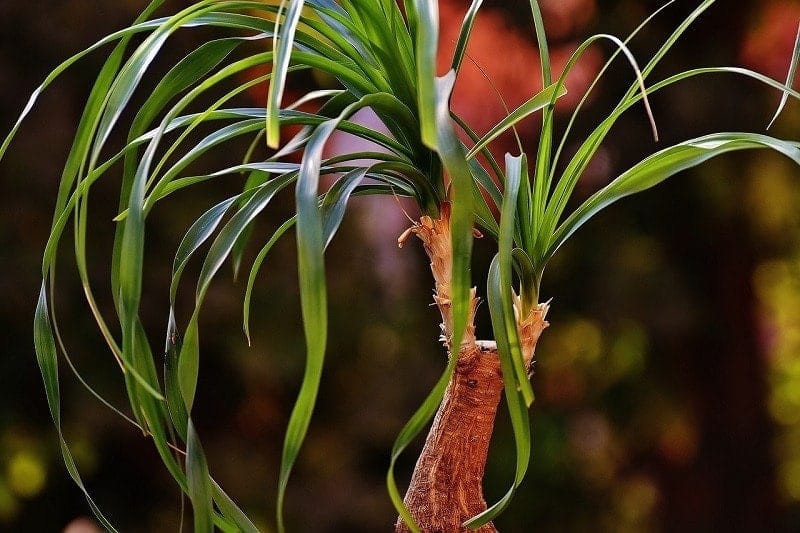
While it’s sad that you can’t keep all the succulents in your home, at least there are quite a few that you can have.
- Houseleeks
- Haworthia
- Burro’s Tail
- Ponytail Palm
- Christmas Cacti
- And more
If you’re unsure which succulents are safe to have around your cat, you can discuss them with your vet or check out the ASPCA Toxic and Non-Toxic Plant List.
If you need to speak with a vet but can't get to one, head over to PangoVet. It's an online service where you can talk to a vet online and get the advice you need for your pet — all at an affordable price!
How Can I Keep My Cat Safe?
You can restrict access to the plants, so your cat is not tempted to swipe or bite the sedums.
It’s best to keep the succulents in a room with a locked door since fallen leaves are seen as toys by many cats and can still make them sick if ingested. Elevating your sedums in plant baskets can also help, but you’ll have to check the floor underneath for fallen leaves and blooms frequently.
 Wrapping Up
Wrapping Up
Researching the succulents and worrying about which ones are safe for your cat can be overwhelming and scary. Luckily, you can prevent your furry friend from eating succulents that could harm them by researching the particular species before you go to the plant nursery.
It’s best to give away any plants that could hurt your animals, but if you decide to keep them instead, put them where your cats, dogs, and other animals can’t reach them. If your cat is poisoned by a succulent or another plant, get them to an emergency vet immediately for diagnosis and treatment.
Featured Image Credit: Pixabay

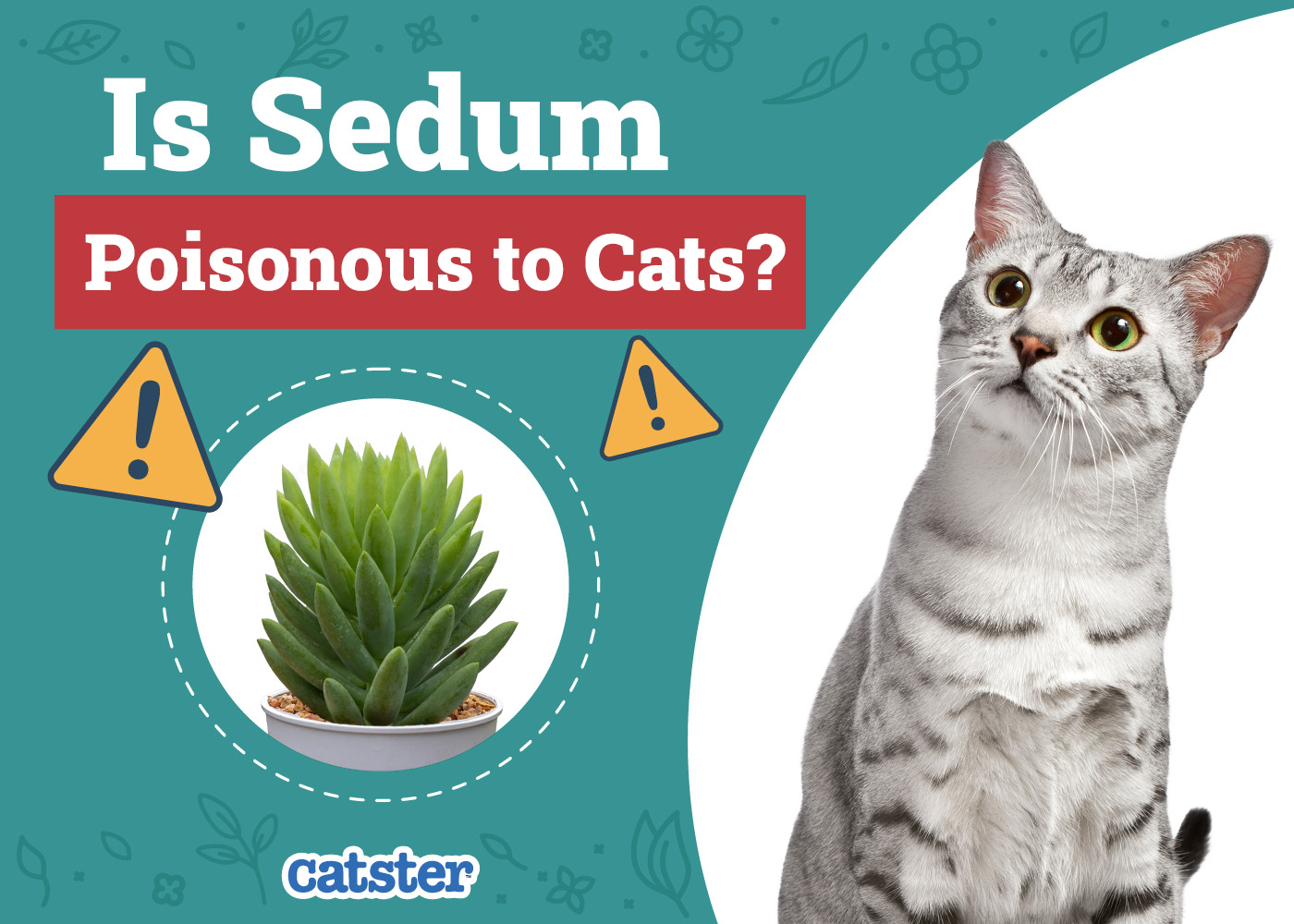
 What Are Sedum Succulents?
What Are Sedum Succulents?
 Wrapping Up
Wrapping Up